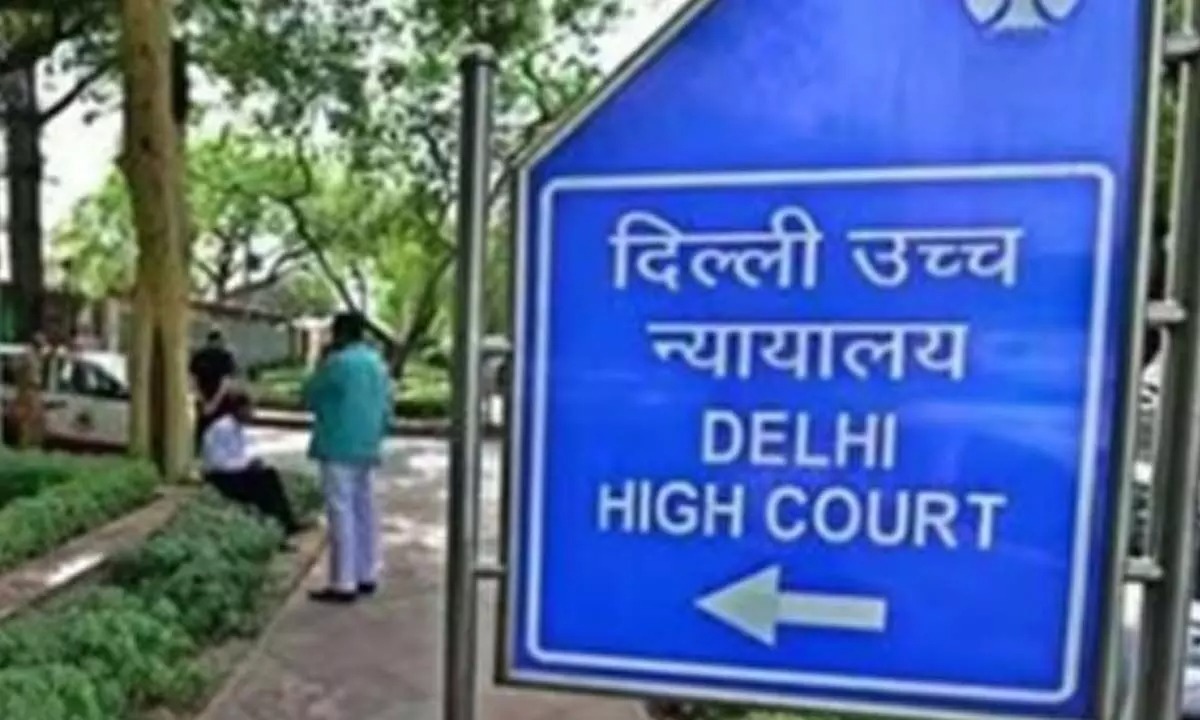Jaswant Singh, J.@mdashThis order will dispose of Crl. M. No. M-22897 and 22900 of 2010, as common questions of fact and law are involved. However, for the sake of convenience facts are being taken from Crl. M. No. M-22897 of 2010.
2. Petitioner No. 1 is proprietor of petitioner No. 2-company under the name and style of M/s Karishma Enterprises.
3. Prayer in the instant petition u/s 482 Cr.PC is for quashing of Complaint No. 7949 dated 13.11.2009 titled Indiabulls Financial Services Ltd. v. Karishma Enterprises and Anr. pending in the Court of JMIC, Gurgaon; summoning order dated 13.11.2009 (P3) and all consequential proceedings arising therefrom.
4. Facts in brief are that accused-Petitioners obtained a loan facility of Rs. 13,33,000/-from the Kanpur Branch of complainant-Respondent on 29.2.2008, to be repaid in 36 equated monthly instalments (EMIs). The petitioner has allegedly repaid the loan amount of Rs. 6,37,000/- as on 26.7.2010. It is averred in the petition that petitioner suffered a series of unfortunate events like cardiac operation, joint pain, demise of his mother in law besides other ailments affecting the health of petitioner No. 1 and his wife. On account of these events petitioner defaulted in payment of EMIs and prayed to complainant-Respondent to reschedule the repayment of loan. However, Respondent presented cheque No. 241287 dated 11.8.2009 for an amount of Rs. 48,753/-, drawn on Allahabad Bank, Chakri Kanpur (for short the drawee bank). The said cheque was presented for collection with the banker of the Respondent at Gurgaon (for short collecting bank). The said cheque was returned unpaid to the Respondent with the remarks "insufficient funds". Thereafter, the Respondent filed a complaint u/s 138 of the Negotiable Instruments Act (for short the Act) at Gurgaon, in which Petitioners stand summoned to face trial. It is also averred in the petition that despite the filing of the complaint u/s 138 of the Act, the Petitioners are continuing to repay the loan amount, as detailed in para 2(xii). Quashing of the aforesaid complaint, summoning order and all consequential proceedings has been sought on the ground that Courts at Gurgaon lack territorial jurisdiction as the cheque was issued at Kanpur, handed over to the branch of the Respondent at Kanpur and even the cheque had been dishonoured at Kanpur.
5. It is submitted by the learned Counsel for the Petitioners that in view of the law laid down Hon''ble the Supreme Court in
6. After hearing the learned Counsel for the petitioner, I find the argument being raised on behalf of the petitioner company is wholly misconceived.
7. Before I proceed to deal with the case on merits, it would be advantageous to refer to the judgment of Hon''ble the Supreme Court in K. Bhaskaran v. Sankaran Vaidhyan Balan and Anr. JT 1999 (7) 558 wherein in regard to question of territorial jurisdiction in view of the provisions of Section 177 & 178 of the Criminal Procedure Code and components of offence u/s 138 of the Act, in relevant paras 14 to 16, it was held as under:
14. The offence u/s 138 of the Act can be completed only with the concatenation of a number of acts. Following are the acts which are components of the said office:(1) Drawing of the cheque, (2) Presentation of the cheque to the bank, (3) Returning the cheque unpaid by the drawee bank, (4) Giving notice in writing to the drawer of the cheque demanding payment of the cheque amount, (5) Failure of the drawer to make payment within 15 days of the receipt of the notice.
15. It is not necessary that all the above five acts should have been perpetrated at the same locality. It is possible that each of those five acts could be done at 5 different localities. But concatenation of all the above five is a sine qua non for completion of the offence u/s 138 of the Code. In this context a reference to Section 178(d) of the Code is useful. It is extracted below:
Whether the offence consists of several acts done in different local areas, it may be inquired into or tried by a court having jurisdiction over any of such local areas.
16.Thus, it is clear, if the five different acts were done in five different localities any one of the courts exercising jurisdiction in one of the five local areas can become the place of trial for the offence u/s 138 of the Act. In other words, the complainant can choose any one of those courts having jurisdiction over any one of the local areas within the territorial limits of which any one of those five acts was done. As the amplitude stands so widened and so expansive it is an idle exercise to raise jurisdictional question regarding the offence u/s 138 of the Act.
8. In the present case, it is not in dispute that the petitioner company i.e., the drawer is based in Kanpur and the drawee bank is also based in Kanpur whereas the payee-complainant company is having branch at Kanpur but its Corporate Office is at Gurgaon and cheque in question was presented for collection at Gurgaon. Therefore, keeping in view the principle of law settled by Hon''ble the Supreme Court in K. Bhaskaran''s case (supra) it cannot be doubted that the complaint is maintainable at Gurgaon as the complainant company has its Corporate Office at Gurgaon, and the collecting bank with regard to the cheque in question is situated in Gurgaon.
9. Reliance of the petitioner company on the subsequent judgment of Hon''ble the Supreme Court in Harman Electronics case (supra), is of no help to the Petitioners, as the facts therein are distinguishable. In Harman Electronics case (supra), the appellant accused carried its business in Chandigarh and the cheque was issued at Chandigarh, the complainant had its Head Office at Delhi but had also a Branch Office at Chandigarh and the cheque was presented with the collecting bank at Chandigarh which was dis-honoured at Chandigarh. However, the complainant issued a notice upon appellant accused asking it to pay the amount from New Delhi and thereafter the Respondent-complainant filed a complaint at New Delhi. In view of such facts, Hon''ble Supreme Court held that mere issuance of a notice from Delhi would not confer territorial jurisdiction to the Courts in Delhi. Therefore, the judgment in Harman''s case (supra) does not support the plea being raised on behalf of the accused-Petitioners in the present case.
10. In view of the above, I find no ground which may warrant interference by this Court in exercise of jurisdiction u/s 482 Cr.PC in the present petition.
11. Dismissed.

